‘You need to see yourself’: tackling the national curriculum’s overwhelming whiteness
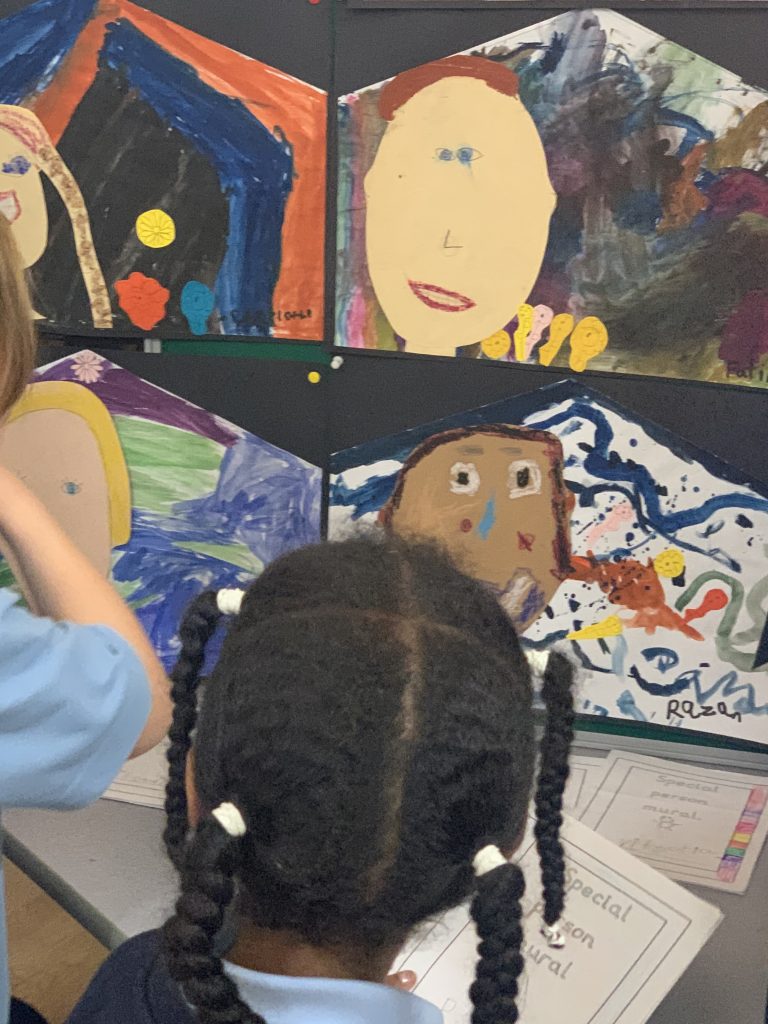
“Put yourself into their shoes for a moment.”
Aisha Thomas, the assistant principal at City Academy in Easton, is explaining how the national curriculum is lacking for children who aren’t white – how its overwhelming whiteness, in topic and scope, excludes and isolates pupils.
“Imagine a particular topic is being taught to you, yet you don’t understand what that means to you in your everyday life. You don’t see yourself, hear yourself, feel any kind of connection with that delivery. That can become very isolating.”
Thomas, who presented a BBC documentary in 2018 about the lack of Black and ethnic minority teachers in Bristol’s schools, is one member of the profession involved in the One Bristol Curriculum, which aims to “integrate the full history of Bristol and the UK” and make the syllabus one all pupils can relate to.
The initiative, piloted last year in a handful of schools, is an attempt to tackle some of the inequalities in education BAME pupils experience compared with their white counterparts. It came after the 2017 Runnymede Trust report found Bristol was the most racially segregated of Britain’s core cities, with Black pupils attaining lower grades, and facing worse employment prospects, than other ethnicities.
The report identified three key themes underpinning the educational inequality in Bristol: an unrepresentative curriculum, a lack of diversity in teaching staff and school leadership – only 4.4% of Bristol’s teachers are BAME, around half the national average – and poor engagement with parents.
Phil Castang, the director of creative learning and engagement at charity Bristol Plays Music, who spearheaded the initiative, said at One Bristol Curriculum’s launch that the national curriculum’s superficial teaching of Black history “perpetuates the misconception that a few heroic figures from the civil rights movement and sport represent the sum contribution of Black people on civilisation”.
“Many Bristol students didn’t even know the name of Roy Hackett, or Dr Paul Stephenson, or Guy Bailey,” Thomas tells me. “They didn’t know about the Bristol [bus] boycott that was on their very doorstep, and yet they’d heard of Rosa Parks.”
Not only are there not enough teachers from a black or ethnic minority background, adds Esther Deans, a teacher and chair of Bristol’s Race Equality in Education Group (REEG), there are also too few opportunities for career progression. “Teachers go into schools and never progress to headship,” she says. “There are very limited BAME headteachers in Bristol as there are very limited BAME teachers,” Deans continues, adding that the REEG has held a recruitment fair to try to address this.
Children need to see themselves
Children, says Thomas, need to see themselves represented in the curriculum to be able to connect with it. “Genuinely, until society recognises everybody,” she says, “You are always going to question: ‘Do I belong?’ You need to see yourself.”
In the regular curriculum, historical figures don’t get much of a look-in if they’re not white. The One Bristol Curriculum aims to address this by teaching pupils about Black and brown soldiers in the world wars, Tudors, scientists. The Black history taught in schools is patchy, beyond gruesome tellings of slavery, and the civil rights movement. While it’s vital this history is told, it’s equally important children know this is neither the start or the end of the story.
Children also need living role models, Thomas tells me. For example, her pupils have asked for lessons on Colin Kaepernick, the American footballer and activist, who took the knee during the US national anthem to protest police brutality.
They’ve told her, she says, this is “because he’s still alive and a current activist. He gave up his money, he earned his position in American football because he took the knee. And he took the knee because he values his community and where he comes from.”
Thomas says that since bringing in the One Bristol Curriculum, pupils have become more confident, including in correcting teachers who mispronounce their names.
“To be willing to speak up and to know that you’ve not got to westernise your name. No! Your name is what your name is! You shouldn’t have to change your name so it’s easier for me.”
“They have the connection to being British, but also a connection to their heritage,” she says. “That’s important.”
Deans adds: “They’re all talking together, learning together, and what I felt very much is you now have the ability to walk with your ancestors, whether you’re Asian or Black, you’re getting to see your ancestors in this light, and you have these great ancestors.”
‘A golden thread through the curriculum’
The One Bristol Curriculum, says its project facilitator Sibusiso Tshabalala, is about moving conversations beyond Black History Month. “It’s all year round. It is British history,” he says.
Since the launch of the pilot, facilitators have been working with teachers and practitioners to put together 95 lesson plans, five schemes of work for primary schools and 12 for secondary schools, set up a networking group for teachers to share updates, best practice and contacts, and run 18 projects.
Deans points out that the initiative is not just about history, but rather runs “like a golden thread” through the whole curriculum. “We are aiming at all ages, stages and subjects – and that is very different to just doing a bit more history”, she says.
To access curriculum resources, schools must commit to improving diversity in their approach. “So when you go into science, you look at your science strand and think: Where could you incorporate this so children see these Black scientists and what they do, and they can aspire to that,” explains Deans. “When you do English, could you look at some more Black poets?”
Schools are also invited to collaborate to make new resources to share. “It has to be [collaborative] because it’s sharing everyone’s different interaction with education and how they see they can contribute something positive, something with agency and something that is unique to the curriculum”, says Tshabalala.
‘We need to get to grips with these things’
“I’ve recently realised how many gaps there are in my knowledge, because none of this was taught when I was at school,” he tells me during a phone call snatched during one of his free periods. Cotham Garden’s full participation in the One Bristol Curriculum has been delayed because of coronavirus hitting shortly after the school expressed an interest, but Brett says there is a real eagerness to start work.
“I’ve recently realised how many gaps there are in my knowledge because none of this was taught when I was at school”
In the wake of last year’s One Bristol Curriculum pilot, more schools have signed up. Schools incorporating the Curriculum include City Academy, Cabot Learning Federation, Cotham Garden Primary School, the Cathedral Schools Trust, Dolphin Primary School, Fairfield High School and Cotham Secondary School.
At Cotham Garden Primary School, which changed its name from Colston Primary School in 2018, teacher Duncan Brett says the school’s link to Colston provided a special responsibility to offer a more rounded curriculum.
“Unconscious bias, and the deep ignorance that comes from things not being discussed – as educators I feel really passionately that we need to get to grips with some of these things, because the issues at play are so far-reaching in what kind of people we’re producing”, he says. “If we don’t do justice to some of these issues then we’re suggesting that it’s sort of OK to turn a blind eye.”
The Dolphin School in Montpelier, meanwhile, piloted the curriculum and – pre-coronavirus – had fashion designers, photographers and poets running sessions. Kate Jenkins, the acting principal, says pupils’ responses were positive. “They love learning about everyone’s cultures, and seeing themselves in aspirational roles across different careers”, she says.
“The current climate has given a licence to do much more of this work, because now everybody’s interested”
Covid restrictions have compelled the school to be more creative, in terms of working with people via remote channels. “We are lucky to have had some inspiring storytelling through Black Artists on the Move recently,” Jenkins adds. “But are definitely missing having visitors in the school to support our curriculum.”
BLM’s ‘galvanising’ impact
When I ask Thomas if there have been any surprises since City Academy incorporated the One Bristol Curriculum, she points out that the school has been doing this kind of work for nearly a decade, including work around Roma culture.
“The current climate has given a licence to do much more of this work, because now everybody’s interested”, she says. “Particularly in light of the movement around Black Lives Matter, and with what happened with George Floyd, there’s definitely an appetite now for schools to change the way they navigate with their communities, which ultimately would then improve the curriculum.”
Deans, too, says George Floyd’s killing, and the aftermath of protest and actions, has “galvanised” a wider interest in work that was already underway. In two Bristol schools, half the children have written to the head teachers asking for a change in the curriculum, she says – it’s not just teachers who know things need to be more representative.
Both acknowledge that the reach of the curriculum is limited, in that it’s not mandatory. But Deans says they are working on a ‘badge system’ for schools to show their level of involvement with the initiative, which she says will make non-participating schools “conspicuous”.
Thomas says she’s hopeful the One Bristol Curriculum can eventually be adopted across Bristol, with schools committing to making their curriculums more diverse, allowing “other narratives to come across.”
“Ideally you want to get to a place where at least Bristol has a consensus among schools that says: this is what we believe we should do for the children of Bristol”, she says.
It may take a while, and Bristol is just one city in a country where the history children have to learn is undeniably white, but Thomas says it’s just a case of focusing on one area at a time.
“You’d be naive if you thought it could all happen overnight,” she says. “It can’t. It’s years of change.”

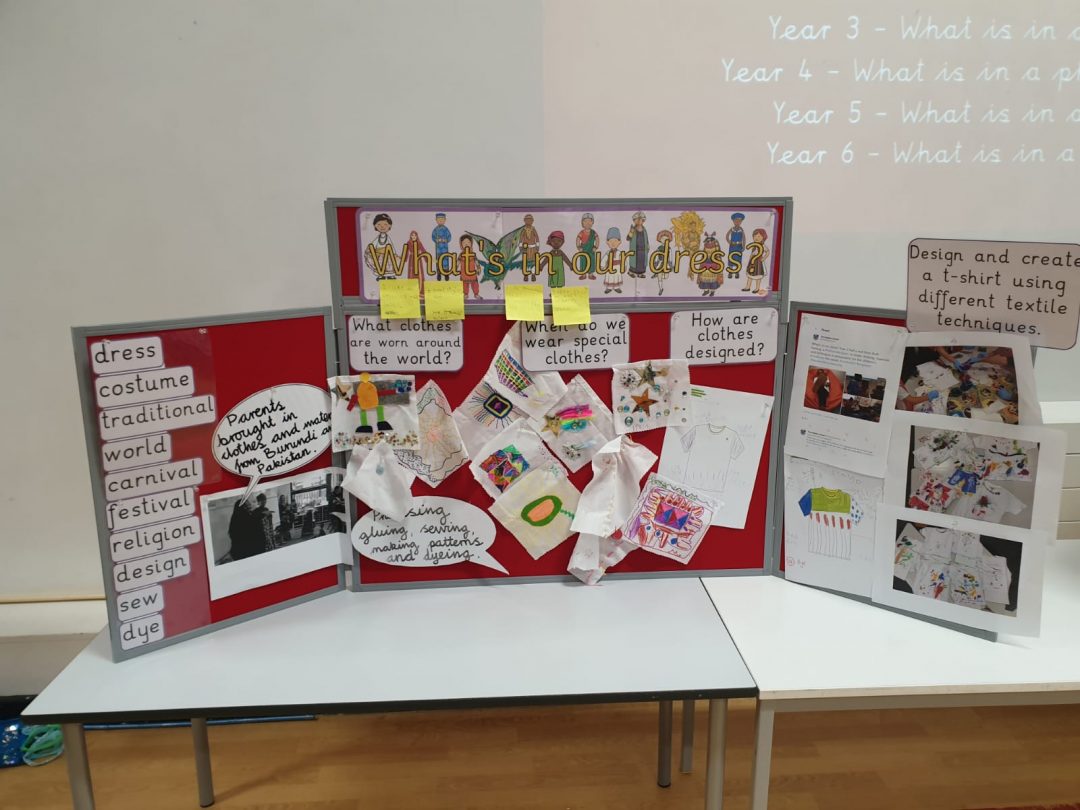


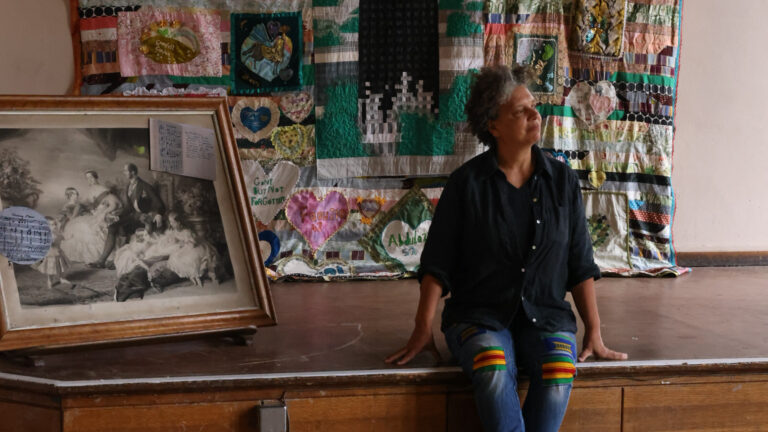
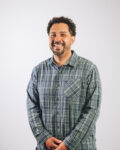
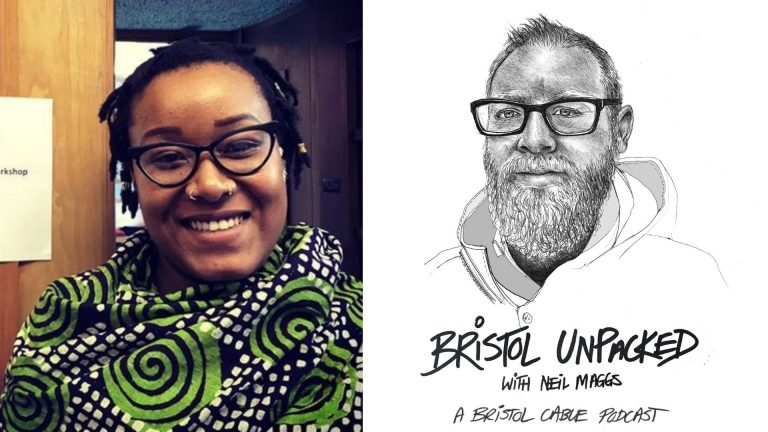



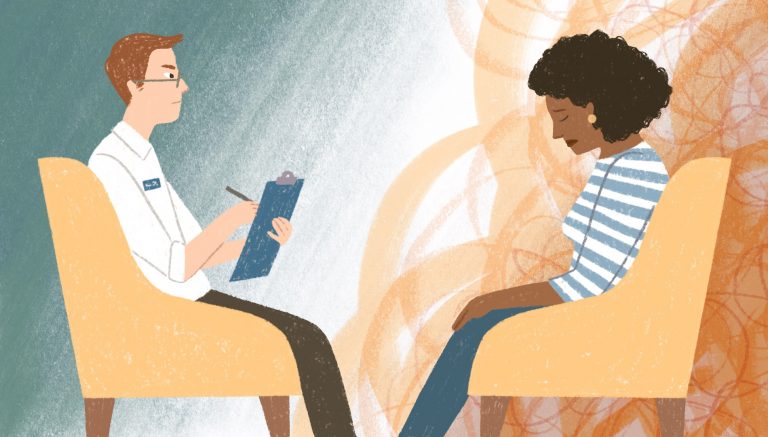
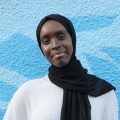
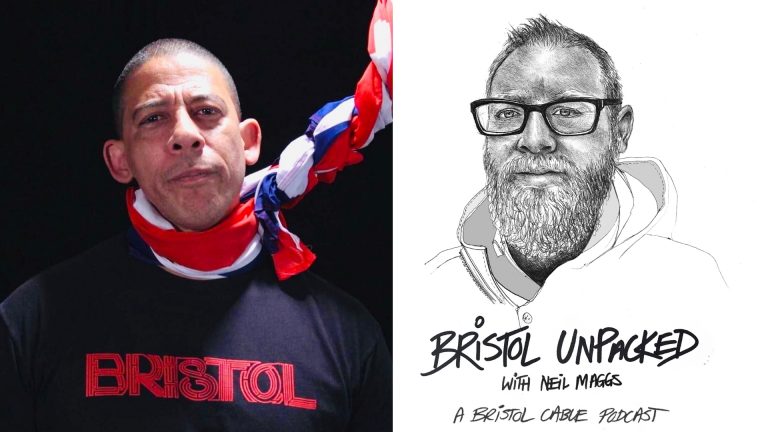

Report a comment. Comments are moderated according to our Comment Policy.